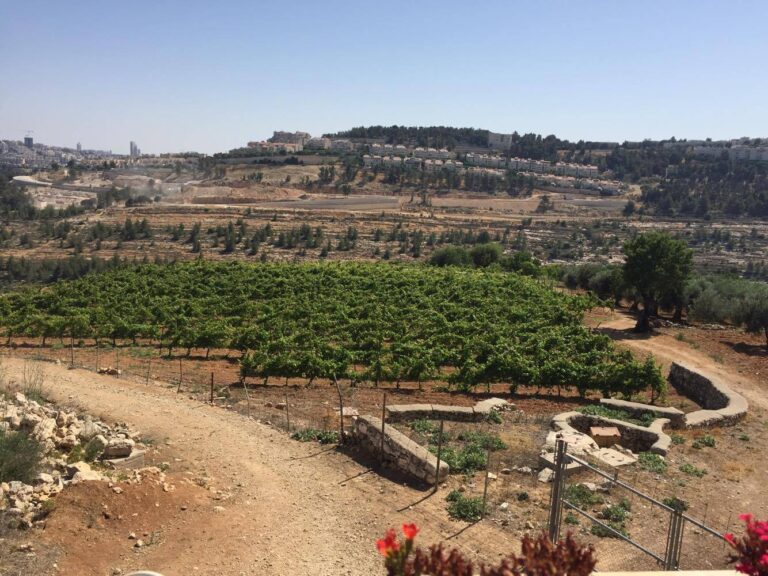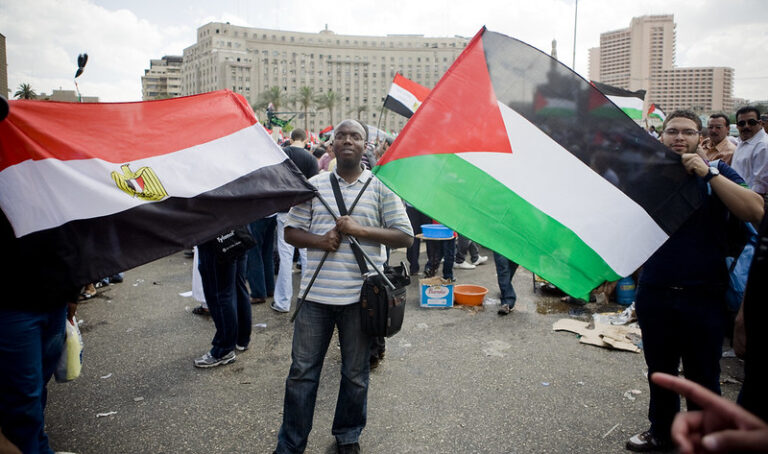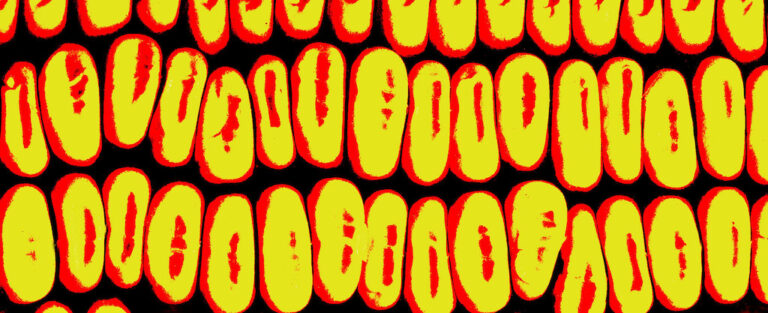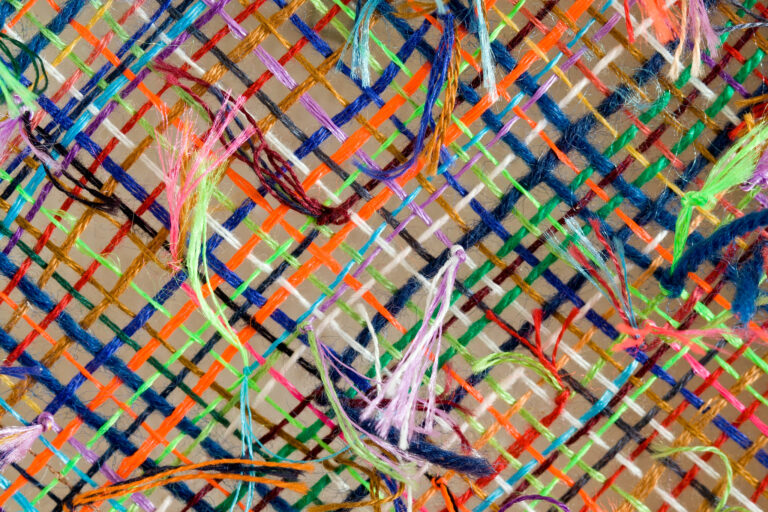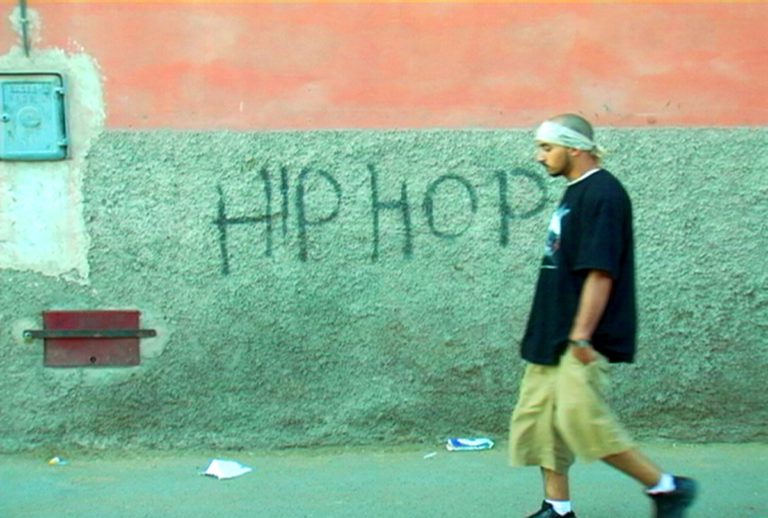This article focuses on the visual materials of the Cremisan Winery Estate’s Facebook page to argue that Cremisan’s digital presence is complex and multivocal, eschewing binaries of digital food activism or consumer-oriented marketing. My approach (using digital and “analog” research) grounds media analysis in site visits and sees digital content as a method of creatively resisting oppressive structures and digital space as locations in which interactions occur. I suggest that Deir Cremisan’s Facebook page participates in a complex discourse between contemporary political debates, piety, local and international commodity markets, and the pragmatics of the daily operations of running a vineyard and winery.
Keyword: Palestine
Editors’ Introduction: Cultural Studies toward a Free Palestine
Responding to Palestinian organizers’ calls to use our voice, continue to engage in conversations, and to speak out, this statement articulates what we see as the abolitionist and anti-colonial way forward—the only way we can commit to a free Palestine. Imagining and building alternatives is the future, the horizon of possibility, that Lateral, as part of the intellectual and activist project of cultural studies, is imperfectly but consistently striving toward. Here, we highlight work in this issue, including the Towards Third Worlding forum, articles, book reviews, and the second installment of the Positions podcast. We continue to welcome authors to join in this work of pushing the field of cultural studies further, towards its promise of critical inquiry matched by political engagement.
Anti-Colonial Defeat: The 1967 Naksa and Its Consequences
This entry asks what it means to mourn the loss of the state as a vehicle for revolutionary liberation. State power was indeed authoritarian, and global solidarity in the era of the Third World Movement of the 1950s, 1960s, and 1970s was superfluous, but it still meant something to people then and now. Losing it was felt. In this piece, I revisit the 1967 Arab defeat against Israel known as al-Naksa (the resounding setback) within the context of the Third World movement and its influence on global solidarity in the ensuing decades following 1967. I focus on the loss of Egypt’s position as an anti-colonial leader after the 1967 war and subsequent death of Gamal Abdel Nasser in 1970. Egypt, once a bastion of revolutionary anti-colonial fervor at the nexus of Pan-Arab and Pan-African imaginaries, and a hub of the historic Third World, became radically realigned with the Global North under Anwar Sadat. I argue that the fate of the Egyptians, Palestinians, Arabs, and of anti-colonial global struggle each became unlinked and siloed as individual struggles. It is not just Arabs or Egyptians or Palestinians who were defeated, it was a whole anti-colonial ethos. How do we mourn the loss of the state as a vehicle for liberation, for Palestinians, for Arabs, for Africans, and for the post-colony?
Editors’ Introduction: A Decade of Open Access in Cultural Studies
This issue marks the tenth year of publishing Lateral. We reflect here on this milestone and highlight work in the current issue, including a new forum on Cultural Constructions of Race and Racism in the Middle East and North Africa / Southwest Asia and North Africa (MENA/SWANA) and a special section on Cripistemologies of Crisis: Emergent Knowledges for the Present. We discuss several of these pieces in relationship to ongoing violence in Israel and attacks in the United States against “critical race theory” and conclude with calls for open access scholarship.
Review of Palestinian Theatre in the West Bank: Our Human Faces by Gabriel Varghese (Palgrave MacMillan)
In Palestinian Theatre in the West Bank: Our Human Faces, Varghese traces five Palestinian theatre companies—Al-Kasaba Theatre, Ashtar for Theatre Productions and Training, Al-Harah Theatre, The Freedom Theatre, and Al-Rowwad Cultural and Theatre Training Society—from the first intifada (1987–93), or uprising, to today, to show how abject counterpublics in the West Bank resist Zionist erasure narratives. In the book, Varghese weaves thick description of examples and performances with historical contextualization to draw readers into what motivates Palestinian theatre-makers. Varghese shows there is potential for resistance through the border anxiety developed in sites of colonial abjection. Ultimately, this text argues Palestinian theatres in the West Bank do more than just perform plays—they provide needed space where issues are exposed, communities gather, and marginalization is responded to with beautiful resistance.
Review of Dispossession: The Performative in the Political by Judith Butler and Athena Athanasiou (Polity)
“Dispossession: The Performative in the Political” is an interdisciplinary cultural text published from the conversations between Judith Butler and Athena Athanasiou. “Dispossession” brings the reader to key questions within philosophical inquiry including: What does it mean to be human? Which bodies are vulnerable as a result of normalizing regimes? How does precarity shift over time? What does occupation mean in regards to discipline and resistance? Which bodies are allowed to have a place and what does demanding a place do to dislocated bodies? Can non-normative people be recognized by the state without incorporation to propriety politics? How is agency complicated by the inter-related nature of life in the everyday?
From ‘Hip Hop Revolutionaries’ to ‘Terrorist-Thugs’: ‘Blackwashing’ between the Arab Spring and the War on Terror
Rayya El Zein takes up a global analysis of how ideas of blackness, whiteness, and Arabness circulate in post-9/11 media accounts and argues that these concepts work to mediate Western understanding of politics in the Arab world. El Zein unpacks the paradox by which blackwashing is differentially deployed to mark certain Arab subjects as a “good rapper” or a “bad rapper,” and how both of these valences serve to expand neoliberal orientalism through the political familiarity promised by blackness. As an alternative, El Zein suggests attention to the material, historical, and geographic specificities of the power struggles that structure racial capitalism, classism, and racism, especially and essential because of their potential international unrecognizability.
